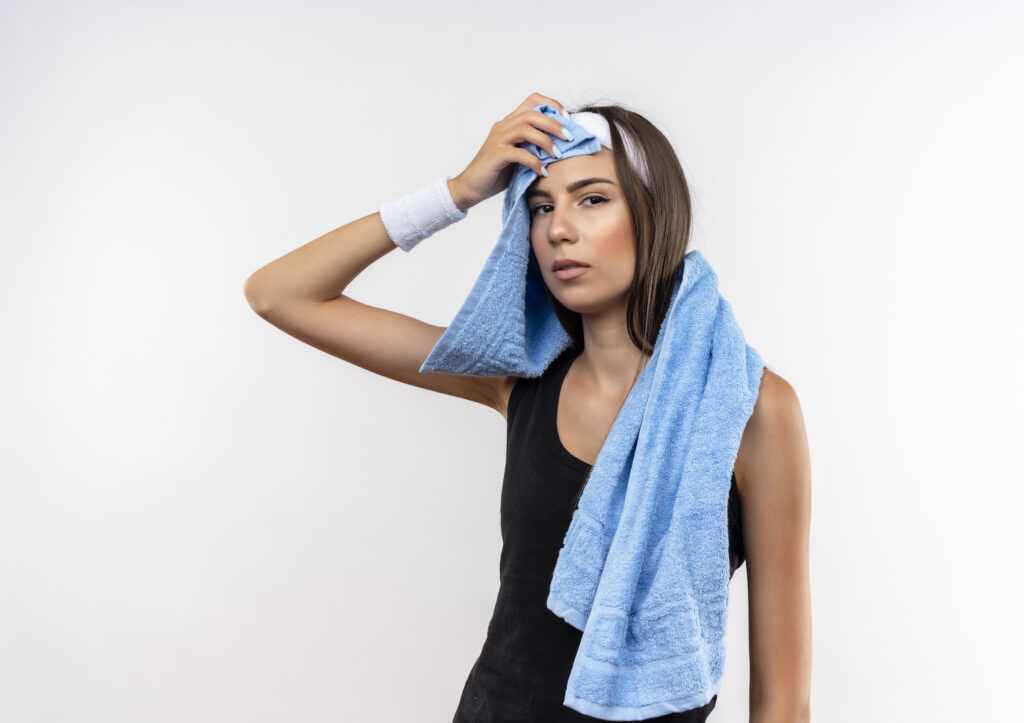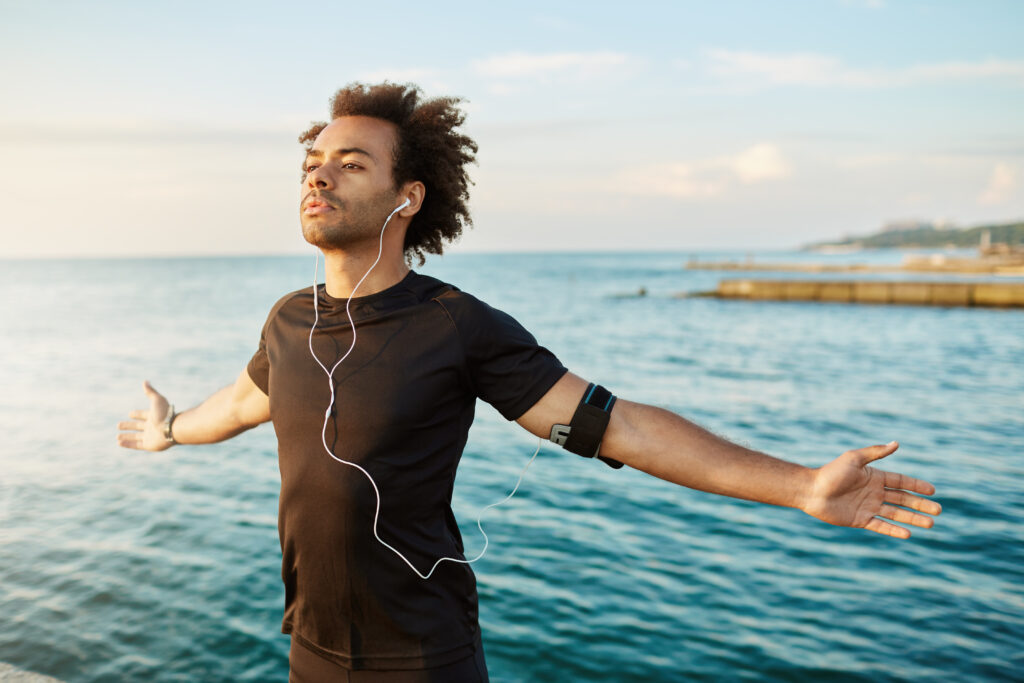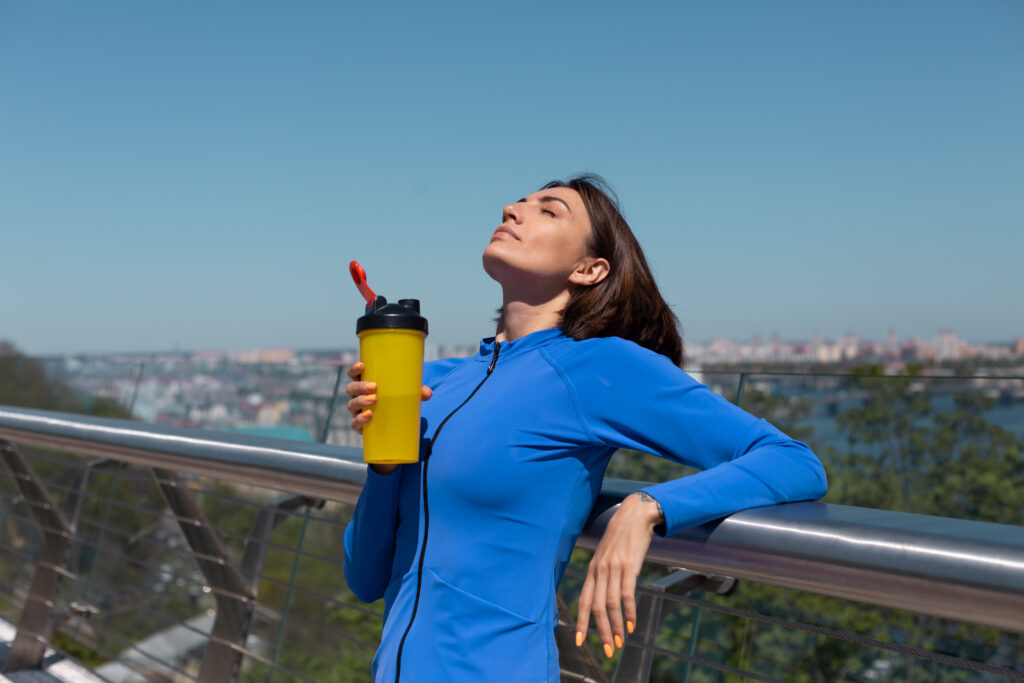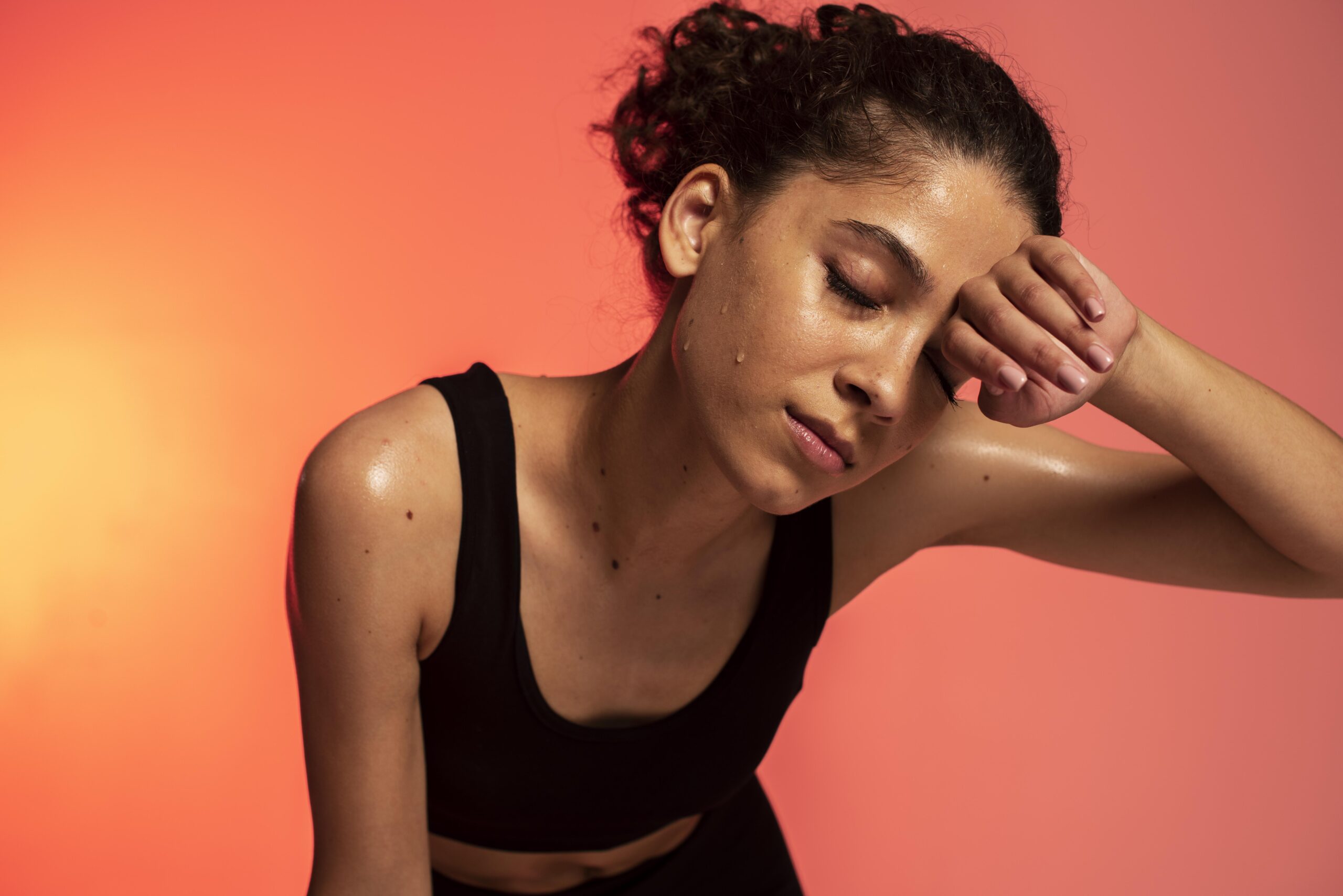Table of Contents
Introduction: (Tips for a Sweat-Free Life)
Perspiration is a natural bodily function that aids in maintaining our body’s temperature equilibrium. However, excessive sweating can be uncomfortable and embarrassing. Whether you find yourself drenched in sweat during workouts, in hot weather, or in stressful situations, we’ve got you covered. In this blog post, we’ll delve into practical strategies that will help you stay cool, control sweat, and enjoy a sweat-free lifestyle.

Tips for a Sweat-Free Life
Understanding Sweat: (Tips for a Sweat-Free Life)
Sweating is the body’s way of cooling down when it gets too hot. It’s a normal and healthy process. We have two types of sweat glands: eccrine sweat glands, which are responsible for cooling the body, and apocrine sweat glands, which are related to stress and emotions.
Maintain Good Hygiene:
Keeping good hygiene is essential in controlling sweat. Regularly shower and cleanse your body to keep your skin clean and minimize the growth of odor-causing bacteria. Consider using antibacterial soap or products containing aluminum chloride to reduce the number of bacteria on your skin. Also, opt for clean, breathable clothing made from natural fibers like cotton or linen.
Choose the Right Antiperspirant:
Using the right antiperspirant can make a significant difference in controlling sweat. Look for antiperspirants that contain aluminum chloride or aluminum zirconium, as they help block sweat glands and reduce perspiration. Apply antiperspirant before bedtime to give it enough time to work effectively overnight.

Tips for a Sweat-Free Life
Dress Smart: Tips for a Sweat-Free Life
The clothing you choose can influence how much you sweat. Opt for loose-fitting clothes that allow air circulation, which helps prevent sweat from accumulating on your skin. Light-colored clothing reflects sunlight and heat, keeping you cooler. Consider wearing moisture-wicking fabrics that draw sweat away from your body and aid in evaporation.
Stay Hydrated:
Maintaining optimal hydration levels is essential for effectively regulating body temperature and reducing the likelihood of experiencing excessive perspiration. Ensure you consume an ample amount of water throughout the day to keep yourself adequately hydrated, which can lead to increased sweating. Avoid caffeinated beverages and alcohol, as they can contribute to more sweating.
Manage Stress:
Stress and anxiety can trigger excessive sweating. Incorporate stress-reduction techniques into your daily routine to help manage stress levels. Practices such as meditation, deep breathing exercises, or yoga can be beneficial. Engage in activities that help you relax and unwind, promoting a calm state of mind.

Tips for a Sweat-Free Life
Cool Down Techniques:
When you need to cool down quickly, there are a few tricks you can try. Use cooling towels or ice packs to lower your body temperature, especially during hot weather or after physical activities. Taking cool showers or baths is refreshing and helps cool your body down effectively.
Dietary Considerations:
Your diet can also play a role in controlling sweat. Certain foods, like spicy dishes and caffeine, can stimulate sweat production. Limit your consumption of these foods if you’re prone to excessive sweating. On the other hand, include foods rich in magnesium, such as leafy greens and nuts, as they can help regulate sweating.
Medical Interventions:
If you’ve tried various self-care methods and still experience excessive sweating, it may be worth seeking medical advice. A healthcare professional can suggest treatments like prescription antiperspirants, Botox injections, or other medical interventions to help manage your condition.

Tips for a Sweat-Free Life
Conclusion: (Tips for a Sweat-Free Life)
Excessive sweating can be a challenge, but with the right strategies, you can control it and enjoy a sweat-free life. Remember to practice good hygiene, choose the right antiperspirant, dress smartly, stay hydrated, manage stress, use cool-down techniques, consider your diet, and seek medical help if needed. Embrace these tips, stay cool, and embrace a confident, sweat-free lifestyle!
FAQ: Tips for a Sweat-Free Life
Q1: Why do I sweat excessively?
A: Excessive sweating, known as hyperhidrosis, can be caused by various factors such as genetics, hormonal imbalances, medical conditions, or certain medications. If you’re concerned about your excessive sweating, it’s advisable to consult a healthcare professional for an accurate diagnosis and appropriate treatment options.
Q2: Are there any natural remedies to control sweat?
A: While there are no foolproof natural remedies, certain practices may help reduce sweating. These include managing stress through relaxation techniques, wearing breathable clothing made from natural fibers, staying hydrated, and maintaining good personal hygiene. However, if excessive sweating persists, it’s important to consult a healthcare professional for further evaluation.
Q3: Is there a difference between deodorants and antiperspirants?
A: Yes, there is a difference between deodorants and antiperspirants. Deodorants are designed to neutralize odor-causing bacteria, while antiperspirants contain ingredients like aluminum chloride or aluminum zirconium that block sweat glands and reduce perspiration. Some products in the market combine both deodorant and antiperspirant properties.
Q4: Should I apply antiperspirant in the morning or at night?
A: For best results, it is recommended to apply antiperspirant at night before bedtime. This allows the active ingredients to work while you sleep when your sweat glands are less active. However, if you find it more effective to apply it in the morning, you can adjust the timing based on your personal preference.
Q5: Can certain foods or beverages make me sweat more?
A: Yes, certain foods and beverages can stimulate sweat production in some individuals. Spicy foods, caffeine, and alcohol are known to be triggers for sweating in many people. If you notice a correlation between your diet and excessive sweating, you may consider reducing the consumption of such items.
Q6: When should I seek medical help for excessive sweating?
A: If excessive sweating significantly affects your quality of life, interferes with daily activities, or is accompanied by other concerning symptoms, it’s advisable to seek medical help. A healthcare professional can evaluate your condition, identify any underlying causes, and provide appropriate treatment options, such as prescription antiperspirants or medical interventions.
Q7: Can stress and anxiety cause excessive sweating?
A: Yes, stress and anxiety can contribute to excessive sweating. Emotional triggers can stimulate the sweat glands, resulting in more perspiration. Incorporating stress-reduction techniques, such as meditation, deep breathing exercises, or engaging in relaxing activities, can help manage stress levels and potentially reduce sweating.
Q8: Can wearing certain fabrics worsen sweating?
A: Yes, wearing fabrics that do not allow proper air circulation can worsen sweating. Synthetic materials like polyester or nylon trap heat and moisture, leading to increased perspiration. It’s best to choose loose-fitting clothing made from breathable natural fibers like cotton or linen, as they allow air to flow and aid in sweat evaporation.
Q9: Are there medical treatments available for excessive sweating?
A: Yes, there are medical treatments available for excessive sweating. In severe cases, a healthcare professional may recommend prescription-strength antiperspirants, botox injections to temporarily block sweat glands, iontophoresis (a procedure that uses electrical currents to reduce sweating), or, in rare cases, surgical interventions. Consult a medical professional for personalized guidance.
Q10: Can excessive sweating be completely eliminated?
A: While it may not be possible to completely eliminate sweating, adopting various strategies can significantly help control it. By following the tips mentioned in this blog post, practicing good hygiene, and seeking appropriate medical interventions if necessary, you can effectively manage excessive sweating and lead a more comfortable, sweat-free life.

